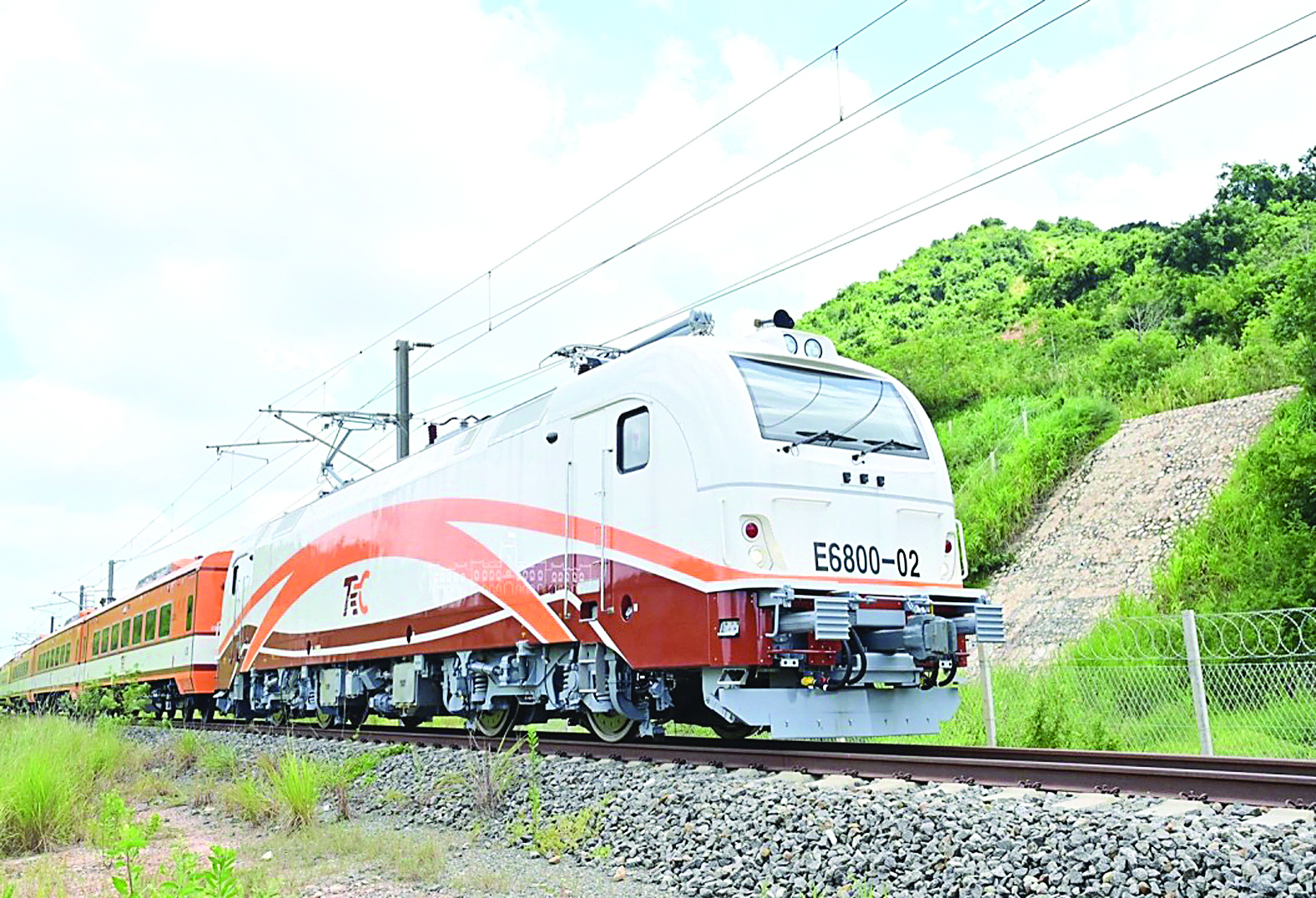Tesla shares fall after Elon Musk's 'soap opera' Twitter poll

Tesla's share price plunged Monday in the latest controversy sparked by CEO Elon Musk, who was facing criticism for letting his Twitter followers decide whether he should sell billions in company stock.
The episode, described by one analyst as "another bizarre soap opera", is the most recent example of real world trouble following the often provocative tweets from one of the world's richest people.
The controversy -- which pushed Tesla down about three percent by 1700 GMT -- started Saturday with Musk targeting a push from US Democratic lawmakers to tax billionaires by targeting their stocks, which are usually taxed only when sold.
In what appeared to be a protest against the now-stalled proposal, Musk wrote on Twitter that he doesn't get a cash salary so he would be forced to sell shares to pay any sizable levy.
His way of making his point was by asking his 62.9 million and growing Twitter followers in a poll whether he should sell 10 percent of his stock -- with a resounding 57.8 percent of votes for "yes."
"I was prepared to accept either outcome," said Musk, who regularly takes to Twitter to make unexpected announcements or surprising comments.
If Musk follows through, he stands to make a lot of money, given he owned about 17 percent of Tesla's shares as of June 30.
Billionaires' tax
The spectacle prompted by Musk's tweets on a very serious issue -- income equality in the United States and who should pay for social safety net programs -- was not well received by critics.
"Whether or not the world's wealthiest man pays any taxes at all shouldn't depend on the results of a Twitter poll," tweeted US Senator Ron Wyden.
"It's time for the Billionaires Income Tax," he added, drawing a personal insult in a reply from Musk.
Some analysts believe the poll is just a distraction given that the Tesla boss will have to pay a substantial sum for upcoming tax obligations.
"It was well known that Musk had a big tax bill coming due from his 23 million stock options awarded in 2012," wrote Dan Ives, an analyst for Wedbush Securities, who estimates the bill at "north of $10 billion."
He added the episode "is another bizarre soap opera that can only happen to one company and one CEO in the world, Musk."
According to CNBC's calculations, the bill could even exceed $15 billion if income tax, a federal surtax on financial income, and capital gains tax in California -- where Musk was a tax resident until the end of 2020 -- are taken into account.
The executive has also used his Tesla shares as collateral to obtain bank loans to finance some of his investments, thus a share sell-off could allow him to repay part of those debts.
Musk, whose fortune is estimated at more than $310 billion by Forbes, did not say when he might be selling any shares but confirmed a sale is his only way to settle his tab with US authorities.
"Note, I do not take a cash salary or bonus from anywhere. I only have stock, thus the only way for me to pay taxes personally is to sell stock," he tweeted.





